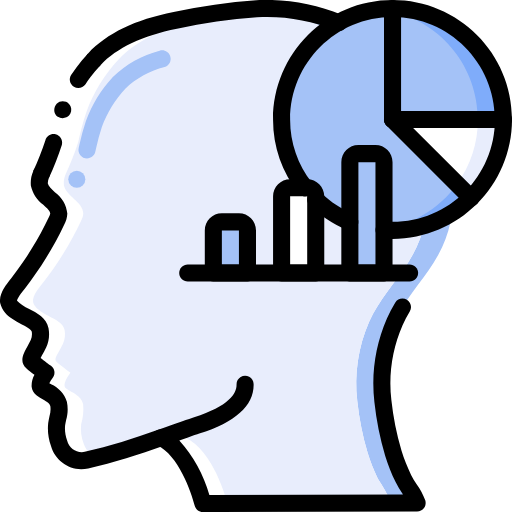21st Century Skills
How Can Individuals Remain Competitive in Today’s Changing Job Market?
It is a set of skills essential for success in the modern era, encompassing abilities that enable people to adapt to rapid changes across various fields.
These skills are divided into three main areas:
Learning Skills (The 4 Cs)

Critical Thinking
The ability to analyze information objectively, evaluate evidence, and solve problems in a logical, organized manner.

Creativity
The ability to generate new and innovative ideas, and to develop unconventional solutions to diverse challenges.

Collaboration
The ability to work effectively within a team, share ideas, and support colleagues in achieving common goals.

Communication
The ability to express ideas clearly and logically, both verbally and in writing, and to listen actively to others.
Technological & Information Skills

The ability to use modern digital tools, applications, and software to solve problems, manage time, execute tasks, and communicate safely and efficiently in online environments.
Life Skills (FLIPS)

Flexibility
Adapting quickly to change, embracing new circumstances, and managing multiple tasks effectively.

Leadership
Motivating and guiding others toward goals, taking responsibility, and making sound decisions.

Initiative
Acting on one’s own drive, seizing opportunities, and taking calculated risks to achieve success.

Productivity
Managing time and resources efficiently to meet objectives while maintaining quality.

Social Skills
Interacting effectively with others, building positive relationships, and respecting cultural and social diversity.
The 21st Century Skills Scale aims to:

Assess individuals' acquisition of essential skills required in the modern age.

Identify strengths and weaknesses in individuals to enhance personal and professional development.

Provide decision-makers in education and the labor market with supporting data to improve training programs and plans.
The 21st Century Skills Scale helps to:

Guide individuals to develop their skills according to the changing needs of the labor market.

Enhance the quality of education and training by identifying educational gaps and developing remedial strategies.

Boost global competitiveness by preparing qualified professionals capable of keeping pace with technological and social developments.

